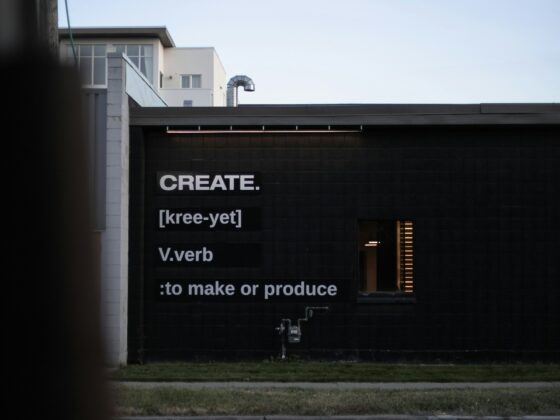
Context is king, and AI doesn’t forget
Hospitality professionals are great at making guests feel remembered. But no one expects your staff to recall every interaction a guest has ever had. AI, however, can — and does.
Modern systems don’t just track individual messages. They maintain ongoing context across time and channels. So when a guest checks in after a long flight, the system already knows they requested early room readiness, asked for extra towels, and flagged that it’s their anniversary weekend. The concierge doesn’t have to ask twice, and the guest doesn’t have to repeat themselves.
That kind of continuity builds trust. It also lightens the load on staff, who can focus on providing exceptional service rather than chasing down information.
Getting ahead of the problem
One of the most exciting developments in AI for hospitality is its ability to act before things go wrong.
By analyzing trends in real-time, AI can spot emerging issues, such as an unusually high number of late check-in complaints or a spike in mobile app crashes, and alert managers immediately. It’s the difference between solving problems one angry guest at a time or correcting course before most even notice.

Proactive intervention can be as simple as dispatching a tech team to fix an internet issue on the fifth floor or offering a digital voucher to guests before they voice a complaint. Either way, it shifts the brand from reactive to anticipatory, which guests notice — and remember.
Technology doesn’t replace hospitality; it empowers it. When used thoughtfully, AI helps staff do what they do best: connect with guests, solve problems gracefully, and create moments of delight.
Real-time AI analysis isn’t about replacing human intuition; it’s about giving teams the tools to see the whole picture, act on it quickly, and offer a level of service that feels effortless. That unified, intelligent edge might be your strongest asset in a world where expectations are high and loyalty is fragile.
About the Author
Dev Nag is the CEO/Founder of QueryPal. He was previously on the founding team at GLMX, one of the largest electronic securities trading platforms in the money markets, with over $3 trillion in daily balances. He was also CTO/Founder at Wavefront (acquired by VMware) and a Senior Engineer at Google, where he helped develop the back-end for all financial processing of Google ad revenue. He previously served as the Manager of Business Operations Strategy at PayPal, where he defined requirements and helped select the financial vendors for tens of billions of dollars in annual transactions. He also launched eBay’s private-label credit line in association with GE Financial. Dev received a dual-degree B.S. in Mathematics and B.A. in Psychology from Stanford. In conjunction with research teams at Stanford and UCSF, he has published six academic papers in medical informatics and mathematical biology.






